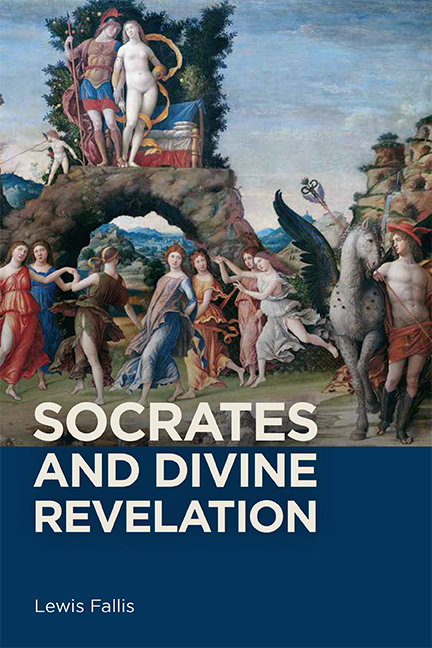4 - Artfulness and Mindlessness in Plato’s Ion
Published online by Cambridge University Press: 09 June 2021
Summary
At the outset of this book, I drew a distinction between the prophet, who claims to experience direct contact with divinity, and his followers, who validate in some way the original revelatory experience of the prophet when they affirm that his teaching, or the written text he presents to the world, is genuinely divine. That distinction is somewhat rough, since the followers of a prophet may also claim to experience direct contact with divinity. But it is fair to say that Euthyphro, for his part, claims to be not merely a follower of prophets but a prophet himself. Not only is his contact with the gods direct and personal, but the revelations he receives are idiosyncratic, even heterodox, in their content. Although he believes in the truth of the traditional stories about the gods, he also claims to have knowledge of secret stories, unknown to the many. And in choosing to prosecute his father for murder, he spurns the traditional and orthodox view of duty in favor of a new, more stringent code. His deviation from orthodoxy is undertaken not only with confidence but with pride. He scorns the many, who lack a direct line to the gods and are likely, as Socrates himself proves likely, to have ridiculous beliefs about justice and the divine law. And on the basis of his unique connection with the divine, he claims to be able to predict the future and tries to influence political decisions in the assembly.
Of course, certain aspects or possibilities of piety are most easily seen in a man like Euthyphro. But if we limit ourselves to the investigation of such an odd character, we risk settling for an understanding of piety that is incomplete. Both forms of the experiential evidence for divinity—the experiences of prophets, and the experiences of the followers of prophets— need to be investigated. As a supplement to what we have learned from Euthyphro, then, it will be helpful to investigate a Socratic conversation with a more typical believer.
A typical believer might experience the presence of the divine especially while reading and contemplating the words of a sacred text.
- Type
- Chapter
- Information
- Socrates and Divine Revelation , pp. 82 - 105Publisher: Boydell & BrewerPrint publication year: 2018

